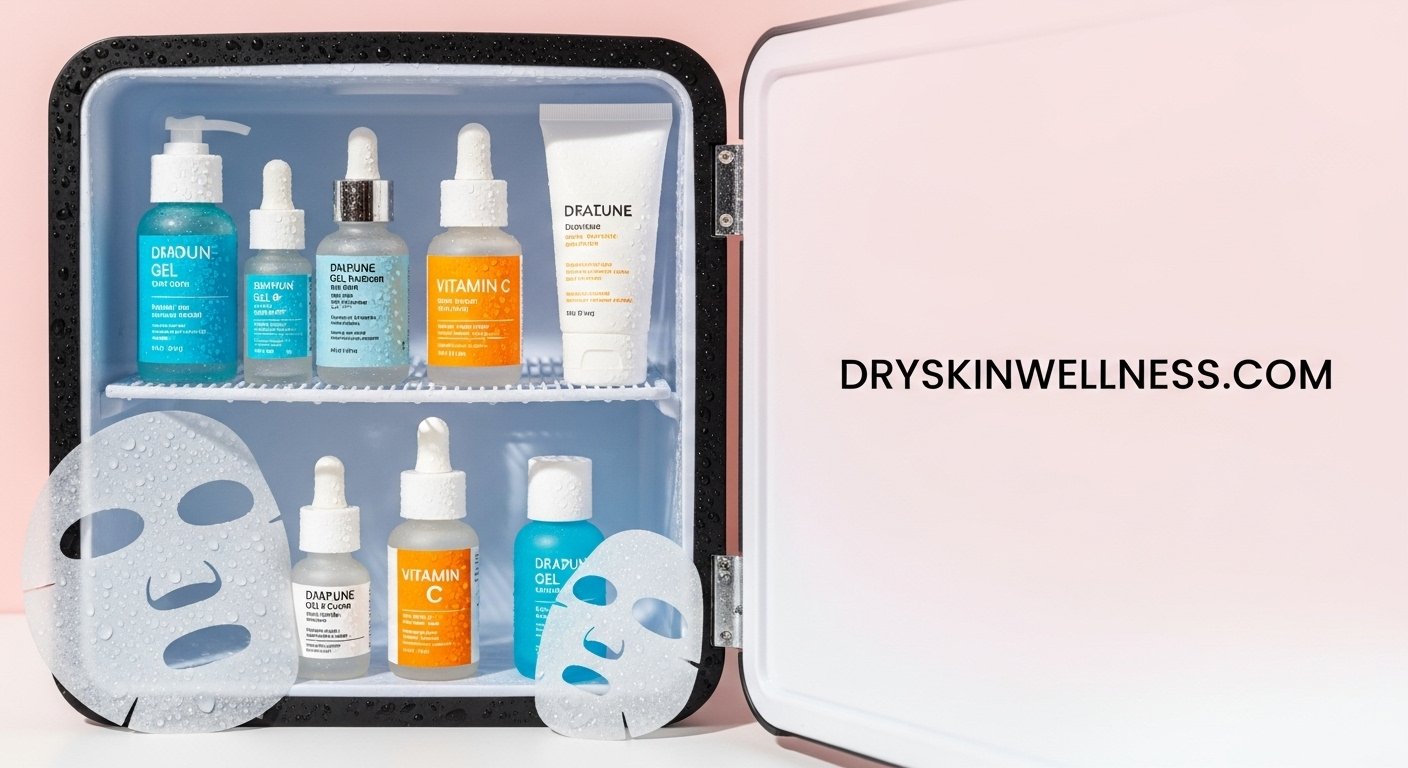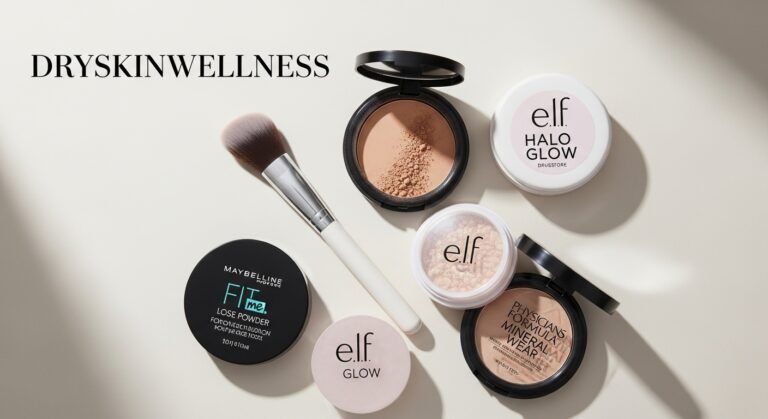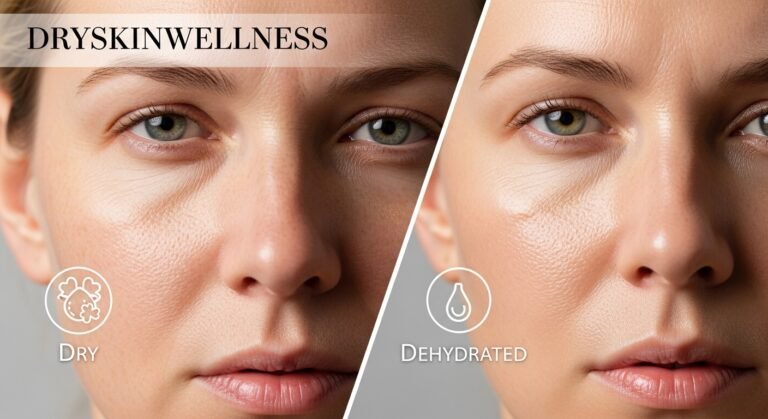What Skin Care Products Should Be Refrigerated?
What skin care products should be refrigerated? The world of skincare is intricate and requires attention to detail. It’s not just about finding the right products or sticking to a thorough routine; how you handle and store your skincare arsenal can significantly impact their efficacy.
Contrary to the popular bulging-cabinet approach, not all beauty products thrive in the warm comfort of your bathroom. Refrigeration is an underutilized storage method that can preserve and enhance the benefits of several skincare items.
In this detailed guide, we’ll explore which skin care products you should consider chilling, why refrigeration can be advantageous, and crucial tips for keeping your products fresh.
Whether you’re a beauty enthusiast, a skincare lover, or a health-conscious consumer, this post is designed to illuminate a lesser-known facet of skincare maintenance that can transform your complexion for the better.
Why Refrigerate Skin Care Products?
Before deep-diving into the specific products, it’s crucial to understand why refrigeration might serve your skin care regimen well.
Prolongs Shelf Life
Heat and light can destabilize certain active ingredients, causing them to break down and lose potency. Refrigerating products, especially those with volatile components like vitamin C and retinol, can slow deterioration and extend their shelf life, ensuring you get the most out of your investment.
Enhances Cooling and Anti-Inflammatory Effects
Some skincare items, like eye creams and sheet masks, can deliver an extra soothing and de-puffing sensation when applied cold. This can be particularly beneficial in reducing under-eye bags and calming the skin after sun exposure or intensive treatments.
Slows Bacterial Growth
Chilling can be a natural preservative, particularly for organic or natural products lacking chemical stabilizers. When stored in a cool, dark place, these items are less prone to bacterial and fungal contamination, helping to maintain their integrity.
Improved Product Texture
Serums and face mists tend to feel fresher and more soothing when refrigerated. The cold temperature can also enhance the emollient qualities of certain creams and lotions, making them more pleasant to use, especially during warm weather.
Skincare Products to Refrigerate
Now that we understand the benefits, which products deserve a spot in your skincare refrigerator?
Serums and Ampoules
These highly concentrated formulas, often packed with potent ingredients, are prime candidates for refrigeration. Ingredients such as hyaluronic acid, peptides, and antioxidants are notoriously unstable, so a calm environment can help maintain their efficacy.
Natural Products Without Preservatives
If you opt for natural or DIY skincare, refrigeration is a must. Without synthetic preservatives that extend shelf life, refrigeration can slow mould and bacteria growth and keep these products safer to use for longer.
Vitamin C and Retinol Products
Both vitamin C and retinol are sensitive to degradation by light and air. Storing them in a dark, airtight container, like a refrigerator, can help maintain their effectiveness and prevent them from turning brown or yellow, a sign of breakdown.
Skincare Products to Avoid Refrigerating
While refrigeration skincare can be a boon for many products, there are certain items that you should keep out of the cold.
Oil-Based Products
Oils can solidify and become cloudy when exposed to low temperatures, which doesn’t necessarily harm them but can be off-putting to users. It’s best to keep oils at room temperature to maintain their original texture and consistency.
Sensitive Formulations
Some skincare products contain complex molecules that may become compromised by freezing temperatures. This includes specific peptides and growth factors in anti-aging products. Always check the label for information on sensitivity to temperature changes.
Water-Based Products with Preservatives
While refrigerating water-based products is generally safe, those with preservatives do not necessarily need a more relaxed environment for stability. Those with a higher water concentration and low preservative content may warrant refrigeration for extra precaution, but review the product’s guidelines and shelf life.
Tips for Refrigerating Skincare Products
Refrigerating your skincare products correctly is as important as choosing which ones to chill. Here are some tips for maintaining the optimal storage conditions.
Proper Storage Techniques
Store products in the main body of the fridge, not the door where temperatures fluctuate. Use clear, sealable containers to organize better and avoid contamination from other food items.
Labeling and Organization
Keep like-products together and label containers with the date of refrigeration or expiration. This will prevent the accumulation of unwanted items and help you identify products that need to be used within a specific timeframe.
Temperature Control and Monitoring
Your skincare refrigerator should maintain a temperature between 41-45°F (5-7°C). Use a thermometer to monitor the conditions and make adjustments as necessary.
FAQ
Can I refrigerate my entire skincare routine?
Refrigerating your entire skincare routine is unnecessary, but you can choose specific products that would benefit from cooler temperatures.
How do I know if a product needs to be refrigerated?
Check the label for ingredients like vitamin C and retinol, which may specify storage in a cool place. You can also research the ingredient’s stability and consult with a skincare professional.
Can I refrigerate my oil-based products?
Keeping oil-based products at room temperature is generally recommended to maintain their texture, but you can refrigerate them if desired. Just be aware that they may solidify or become cloudy.
Can I refrigerate water-based products with preservatives?
Water-based products with preservatives typically do not require refrigeration, but those with low-preservative content or a high water concentration may benefit from being stored in the fridge. Always check the product’s guidelines and expiration date before refrigerating.
How long can I keep my skincare products in the refrigerator?
The shelf life of your skincare products will depend on various factors, such as the ingredients, packaging, and storage conditions. Always check the expiration date and use your products within that timeframe for optimal efficacy and safety.
Conclusion
Understanding the nuances of proper skincare storage can elevate your daily routine and help you get more value from your skincare products. By selectively refrigerating items that benefit from cool temperatures, you can ensure their longevity and enhance their experience.
Remember, what skin care products should be refrigerated? The longevity and effectiveness of your skincare products ultimately depend on your diligence in their upkeep. Take the time to assess your collection, giving the worthy products the quiet corner of your fridge they deserve. Your glowing, well-preserved skin will thank you for it.




